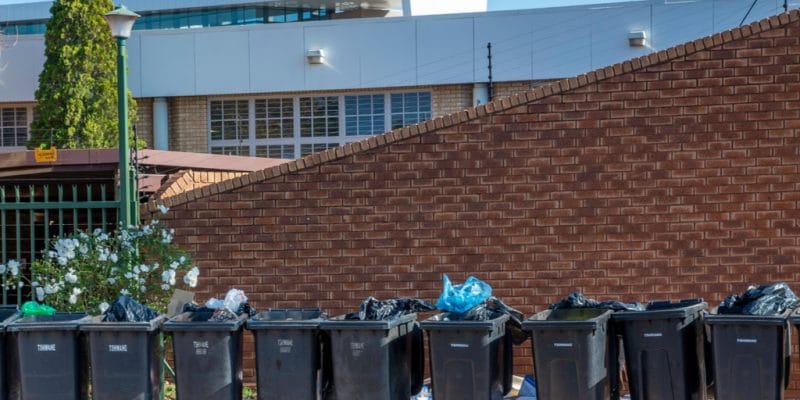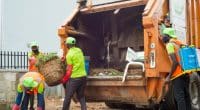Clean City has recently provided solid waste management solutions to four universities in Zimbabwe. Through this new equipment, the higher education institutions hope to make their students more responsible for the preservation of the environment.
The partnership agreement signed by Clean City includes Midlands State University, Bindura University of Education, Women’s University and Chinhoyi University of Technology in Zimbabwe. At these institutions of higher learning, the company provides cages and garbage cans for solid waste collection. “Like colleges, universities generate large amounts of waste, as they operate as small municipalities in many cases with their own restaurants, stores, medical facilities, residences, gyms and research labs,” says Lovemore Nyatsine, Clean City’s managing director. The Mauritius-registered company under the Econet Group is mandated to provide waste collection and disposal services.
Read Also –
Once the equipment is installed, the students are in charge of collecting and sorting the waste before depositing it in the appropriate dumpsters. Generally, products are selected by family (plastic, paper and cardboard, metals, glass, organic waste, wood, textile and leather, furniture, electronic and electrical waste, building waste, hazardous waste, etc.). Clean City then recovers this waste for recycling.
Towards the signing of other agreements
Among the products derived from waste, manufactured by the company are irrigation pipes used for agriculture, garbage bags, black tarps, etc. “We plan to extend our solid waste collection and recycling services to other colleges and universities in Zimbabwe to instill a culture of recycling in young people,” says Lovemore Nyatsine, Clean City’s managing director. Together with its partners, the company has so far removed more than 250 metric tons of recyclable materials from various landfills, which are ideal breeding grounds for disease-carrying mosquitoes, rats and flies.
Inès Magoum






